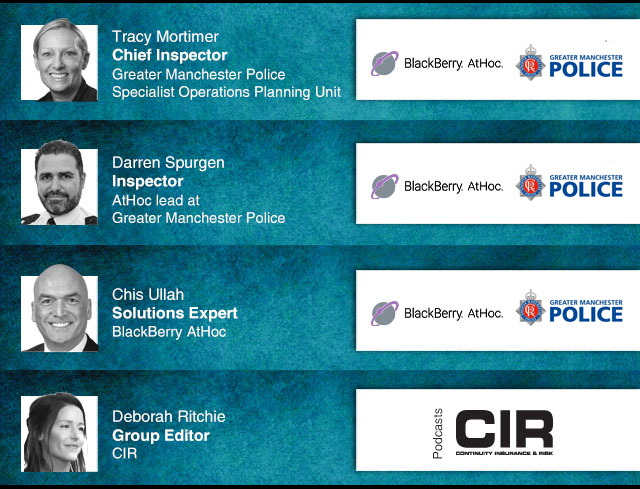The introduction of the UK Bribery Act has been accompanied by a flurry of legal and commercial advice creating confusion amongst many small and medium-sized business enterprises as to their responsibilities and constraints under the Act and how it is being practically applied. In response, BSI and the City of London Police have announced a series of training programmes to combat the increasing prevalence of bribery and curb the number of cases affecting businesses.
The ongoing threat of corruption in high-risk countries poses a real danger to international growth, trade and competition. For many small to medium sized businesses across all sectors, a decision has been taken to withdraw from trading in these markets for fear of prosecution.
Some 25 individual cases of bribery are currently being investigated by the City of London Police, in addition to investigations by other agencies such as the Serious Fraud Office (SFO). Since the inception of the Overseas Anti-Corruption Unit (OACU), 28 suspects and one corporate entity have been charged. Individuals in breach of the current legislation face up to 10 years in prison and companies risk unlimited fines.
In response to the growing number of bribery cases emerging, the City of London Police and BSI are to deliver a series of Anti-Bribery Management (based on BS 10500) and Bribery Investigation training programmes aimed at helping businesses implement an effective anti-bribery management system and how to conduct an internal investigation of bribery.
Adrian Leppard QPM, Commissioner, City of London Police, said: “Bribery is the most insidious form of corruption. It permeates and destabilises the social fabric of developing societies and denies communities their rightful aid. Good business must be seen to identify and deter bribery, suffocating its opportunity to manipulate and debase transactions. Business needs systems to achieve this and the BS 10500 Anti-Bribery Management System Standard sets a benchmark for good business practice both domestically and internationally.”
Howard Kerr, chief executive at BSI said: “The ongoing threat of bribery related corruption has undoubtedly triggered concern amongst UK business leaders. No organisation is immune from bribery risk, however, organisations can demonstrate that they have adequate procedures in place to prevent bribery and the financial and reputational costs associated with it.
“The development of a specific anti-bribery standard (BS 10500) responds to this business concern and helps organizations turn the legal requirements of the Act into practical, cost effective measures and shows them how to implement the right controls across their business and supply chain.”
Printed Copy:
Would you also like to receive CIR Magazine in print?
Data Use:
We will also send you our free daily email newsletters and other relevant communications, which you can opt out of at any time. Thank you.














YOU MIGHT ALSO LIKE